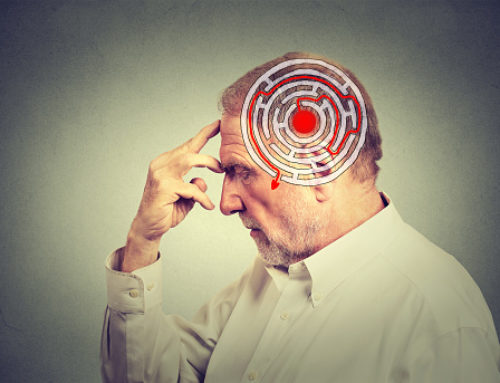Many people who have strokes have them during sleeping hours. This can prevent them from getting essential treatments to break up the clot that caused the stroke, according to a recent clinical study.
These strokes are referred to as wake up strokes, and account for about 14% of every stroke that occurs each year. Research in the past has suggested that wake up strokes account for 8-28% of all strokes.
This new study was based upon 1860 ischemic strokes, which are caused by blood clots, that were seen in ERs in Cincinnati and Northern Kentucky in 2011. The study was published in the May 2011 issue of Neurology, which is the medical journal published by the American Academy of Neurology.
Of the 1860 strokes studied in the trial, 275 were categorized as wake up strokes. The researchers in this study stated that about 58,000 people in the United States go to ERs each year with a wake up stroke.
The researchers stated that the only treatment for an ischemic stroke has to be provided within the first hours of when the stroke begins. So, people who wake up and have symptoms of a stroke are not able to receive their needed treatment; they do not know when the symptoms began. But the good news, according to this study, is that imaging studies are starting to be done that can help doctors come up with better techniques to ID which patients are the most likely to benefit from stroke treatment, even if the stroke apparently started at night.
Wake Up Strokes and Strokes During Waking Hours
Researchers in the above study looked at people who went to ERs with wake up strokes, and those who had their strokes while they were awake. There were no differences noted between the groups as far as gender, marital status and their stroke risk factors – blood pressure, diabetes, smoking, lack of exercise or high cholesterol.
Interestingly, people who had wake up strokes were 72 years old on average, while people who had strokes while awake were 70.
Many of the people in the study who suffered a wake up stroke could have gotten helpful clot-busting treatments, if they had been awake when the stroke first occurred. The study noted that of the 275 people who had a wake up stroke, about 1/3 could have gotten the treatment if they had been awake.
The Posey Premium Gel Heel Pillow helps with foot drop and other foot problems.
For people who have suffered a stroke in the past, sleeping at night can be made much easier with some helpful stroke aids. For instance, the Contour Flip Pillow is a soft wedge that can be very helpful to get you into a more comfortable sleeping position. Or, consider the Posey Premium Gel Heel Pillow that helps to deal with many types of heel and foot issues for people who spend a lot of time in bed after a stroke or other health issue.



